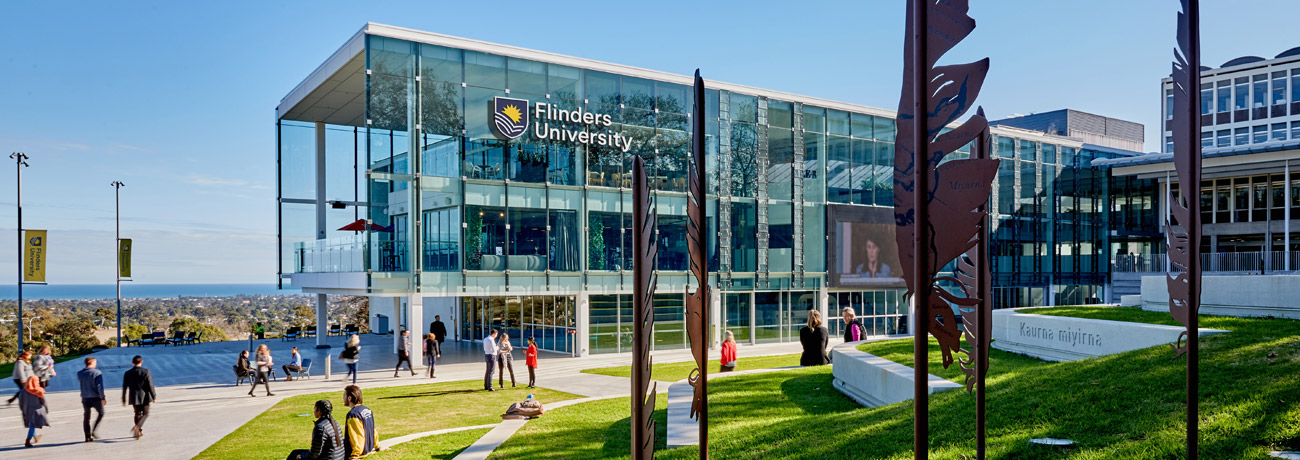

Applicants must normally hold one of the following:
Applicants without such qualifications should apply for the Graduate Diploma in Engineering Science or Master of Engineering Science (Civil).
English language requirements
IELTS (Academic): 6.0 Overall with 6.0 Speaking, 6.0 Writing; TOEFL (Internet): 72 Overall with 18 Speaking, 18 Writing; Pearson PTE Academic: 50 Overall with 50 Speaking, 50 Writing; Cambridge English Advanced (CAE): B2
The Master of Engineering (Civil) is designed to increase your level of knowledge and understanding in many different areas of civil engineering. It will prepare you for a career in planning, design and maintenance of infrastructure such as the built environment, water resources, mining and transport.
Civil engineers plan, design, build and maintain a wide variety of physical infrastructure such as bridges, buildings, airports, roads, railways, ports, mines, water and wastewater supply, treatment and reuse systems. They also help to maintain sustainable natural environments. The solutions developed by civil engineers must take into consideration social, environmental and financial constraints.
The coursework has been designed to provide graduates with a strong foundation in both the theoretical and practical aspects of civil engineering, including an understanding of advanced civil practices; the social, economic, cultural and environmental aspects of civil engineering; and professional and ethical responsibilities.
You will learn to critically analyse and evaluate information and solve civil engineering problems, work and interact professionally, and undertake research in civil engineering and/or relevant areas.
What you will study
The Master of Engineering (Civil) is a 72-unit program offered by the College of Science and Engineering. It covers the four traditional sub-disciplines of civil engineering: geotechnical, structural, transport and water engineering. It gives you the flexibility to choose specialist topics that will enhance your knowledge within a particular civil engineering discipline. This flexibility is complemented by a major thesis (subject to receiving a credit average) or project that enables you to explore a particular aspect of civil engineering in depth.
Your career
Civil engineers work closely with architects, planners and the community to ensure that what is constructed is what is needed. And unlike many disciplines, the fruits of civil engineering often last a very long time. Civil engineering graduates are in great demand with career destinations including building and construction, transport and the mining industries.
Potential occupations include:
Potential employers include:
Level of Study: Masters Degree (Coursework)
Duration: 2 years
CRICOS Course Code: 091861A
English Requirements: IELTS Score UG 6
Annual Tuition: AUD$43,400.00
Disclaimer: The listings provided on the StudyAdelaide.com website are for information and promotional purposes only. The information, content and material provided in the listings is the sole responsibility of each education provider. While every care has been taken in preparing the information published on this website, StudyAdelaide does not guarantee the accuracy or currency of the content.